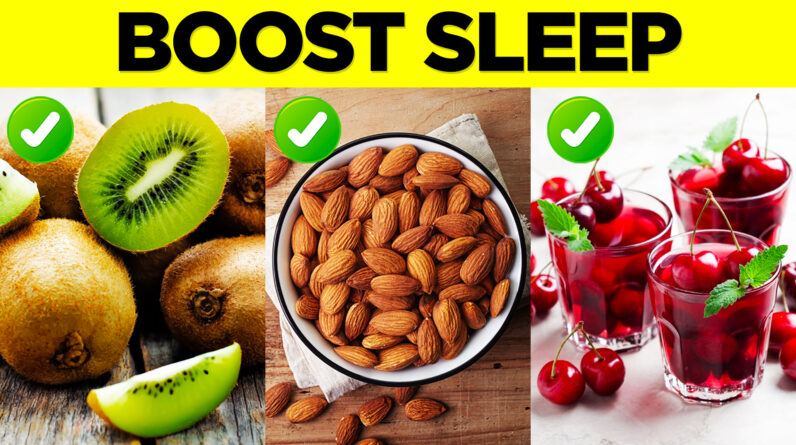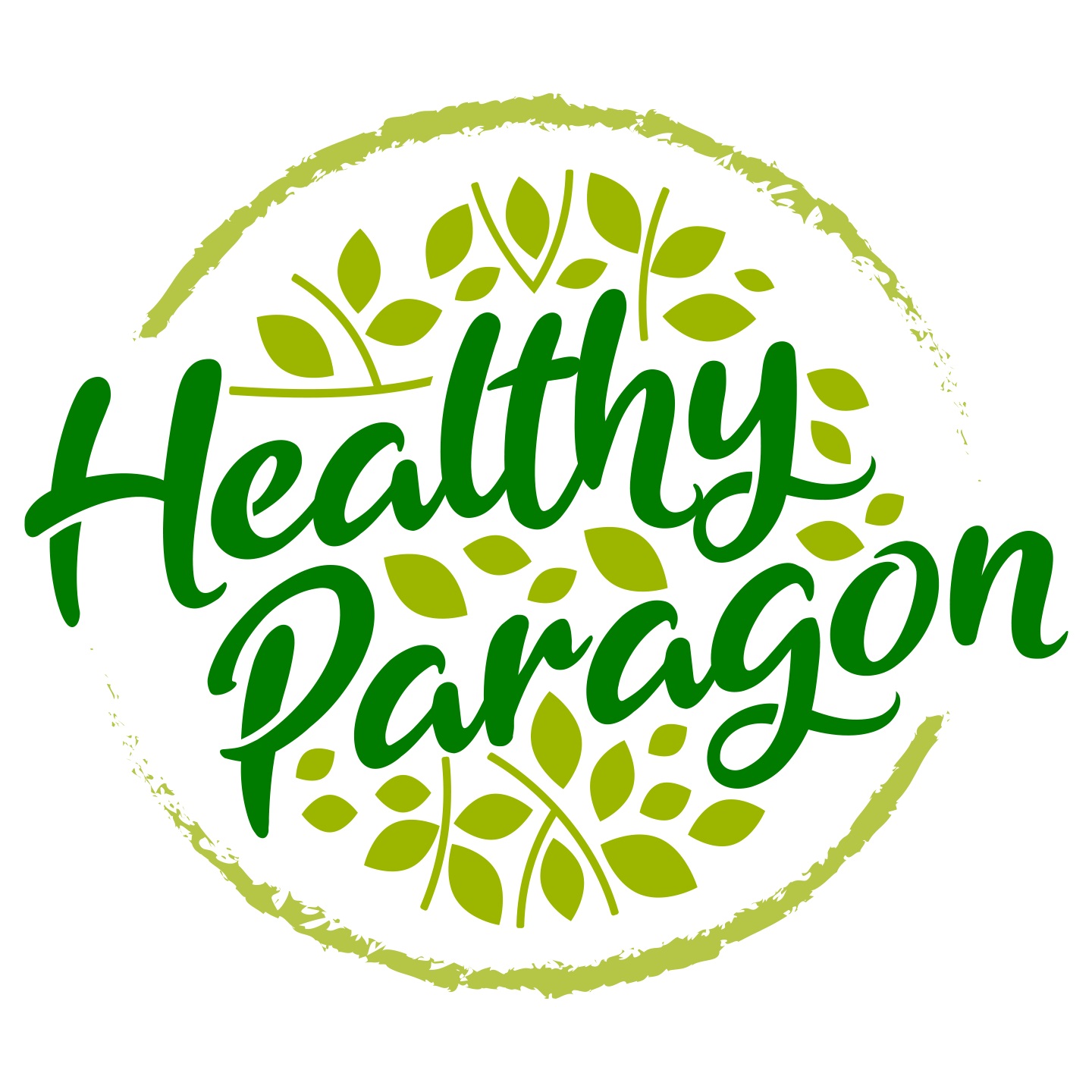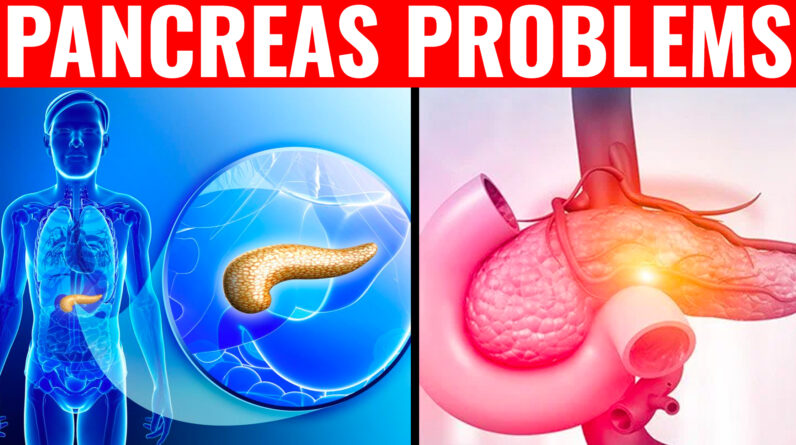
We all know that sleep is good for us and we need about eight hours worth of sleep daily to be fully rested and reinvigorated for the next day’s activities. But for a myriad of reasons, many of us never seem to be able to get enough sleep.
Sometimes, it’s our poor lifestyle choices, other times, it’s work. But sometimes, even though we don’t know it, it’s our dietary choices. Foods and drinks typically contain certain compounds which can improve or worsen the quality of sleep you get.
So, in some cases, the solution to your insomnia could be as simple as changing what you eat before you go to bed.
With that said, here are ten of the best foods to try if you want to start sleeping better. In no particular order, they are:
Number one: Almonds
Almonds have always been known to have many health benefits including reducing the risks for certain serious diseases like type 2 diabetes and heart diseases.
They also serve as an excellent source of fiber, antioxidants, and monounsaturated fats which are all needed for the healthy functioning of the body.
But in addition to all these impressive benefits, research has shown that almonds might help improve quality of sleep too.
Almonds contain a hormone called melatonin and melatonin functions somewhat like a regulator. It helps to regulate your internal clock such that it signals the body to sleep when it needs to.
Almonds also contain magnesium and studies have shown that consuming the right amount of this mineral can be really helpful for improving sleep quality, especially in those with insomnia.
Number two: Kiwis
Kiwis are small fruits, oval in shape and associated with the country, New Zealand. There is the gold kind and the green kind but the green kind is the more popular kind of the two.
Kiwis are known to contain loads of minerals and vitamins, mostly potassium, folate, as well as vitamins C and E.
Although it is not exactly known how kiwis impact on sleep quality, there has been evidence linking better sleep with the consumption of the kiwifruit.
For instance, in a certain study, it was found that people who consumed two kiwis an hour before bed had better sleep and fell asleep faster than those who didn’t.
Why this is the case is still unclear. But some researchers propose that it might have something to do with their antioxidant properties, high concentration of serotonin, as well as their abilities to make up for folate deficiencies in the body.
Number three: Turkey
Turkey makes a great night meal because it is high in protein. Particularly, it’s high in a certain amino acid known as tryptophan.
Tryptophan is known to trigger the production of melatonin which we know encourages sleepiness. This probably explains why you get so tired and sleepy after dinner at Thanksgiving.
Additionally, protein is known for its ability to increase tiredness. This is why many experts advise that you take some protein before you go to bed. Studies have shown that if you take in a moderate amount of protein before you go to bed, you’d sleep better and most likely through the night.
More research needs to be done to confirm that consuming turkey definitely helps with better sleep. But do you really need further convincing to try it out for yourself? These things are delicious, come on!
Number four: Tart cherries.
Tart cherries are different from sweet cherries and the adjective “tart” hopefully makes that much clear.
Tart cherries are also sometimes called sour cherries and they have a sharp flavor that’s different from sweet cherries. You could describe it as tangy.
Examples of tart cherries include Richmond, English morello, and Montmorency. You could either buy them as the fruit themselves or as tart cherry juice. Whichever form you choose, science has revealed that tart cherries have sleep benefits.
In a particular study, a set of people drank two cups of tart cherry juice per day and consistently had better and longer sleep times each day they did.
This is probably because tart cherries contain an unusually high concentration of melatonin. The presence of antioxidants in tart cherries doesn’t hurt either.
Number five: Chamomile tea
This one you’ve probably heard of as a home remedy for insomnia. Turns out that those people who recommended it to you weren’t wrong.
Chamomile tea contains an antioxidant called apigenin. This antioxidant reduces insomnia and induces sleepiness by binding to certain receptors in your brain.
In 2011, a study was conducted among 34 adults. Some of these individuals were made to consume 270 milligrams of chamomile extract two times a day for 28 days. In this time period, all of them that did fell asleep faster and woke up fewer times at night compared to those that didn’t.
In yet another study, this time conducted among women, those who drank chamomile tea for 14 days reported better sleep than those who didn’t have chamomile tea.
But it didn’t end there. Those who took chamomile tea also showed fewer symptoms of depression than others that didn’t. This isn’t entirely surprising as chamomile tea has always been known to reduce depression and anxiety in people with mental health issues.
The benefits of chamomile tea also extend to disease prevention as well. Popular for being rich in flavones, chamomile tea, through these antioxidants, helps to reduce the inflammation that triggers the development of certain diseases like cancer and heart disease.
Your immune system and skin also have something to benefit from your consumption of chamomile tea.
So, if you want to have better sleep as well as other health benefits, then chamomile tea might do it for you.
Number six: Warm milk
Malted milk, especially, can help you have better sleep.
This special kind of milk is made from the combination of milk with a special kind of powder. The special powder is gotten from the mixing of malted wheat, malted barley, wheat flour, sugar, as well as a couple of vitamins.
A popular brand that produces this special kind of milk is Horlick’s.
Studies have revealed that this special kind of milk, malted milk, can help to reduce sleep interruptions. Like it is almost always the case with such foods, there is no real explanation for why this is so. However, some scientists attribute this to the presence of vitamins B and D in malted milk.
But malted milk aside, even your old glass of regular, warm milk can also help to induce sleep. Milk contains melatonin and if the milk was gotten out of the cow at night, it would contain even higher concentrations of melatonin.
This is why warm milk usually helps people fall asleep when they are finding it difficult to.
Number seven: Fatty fish
Fatty fish such as tuna, salmon, mackerel, and trout are very healthy food choices. You’ve definitely heard that before.
They contain high concentrations of vitamin D in addition to healthy omega-3 fatty acids, which are known for anti-inflammatory properties. The omega-3 fatty acids in fatty fish also help to boost cranial health and protect vital organs such as the heart from disease.
When it comes to sleep quality, the vitamin D and omega-3 fatty acids which fatty fish contain work together to help people sleep better as they’ve both been known to trigger the production of serotonin.
Studies have also shown that eating a serving of fatty fish just three times a week can bump your quality of sleep up a notch.
Number eight: Rice
The relationship between the intake of carbohydrate and sleep haven’t turned out to be easy to prove. However, there’s still a bit of evidence that rice consumption might actually improve sleep quality.
For instance, adults in Japan who had rice regularly during this particular study reported enjoying better sleep than those who ate more of bread and noodles. But this was just an association observed, not necessarily a causality confirmed.
However, it does agree with findings that have shown that eating foods with a high glycemic index a few hours before bed can actually help you fall asleep faster.
But not all foods with high glycemic index are born equal. Sugary beverages, for instance, will not improve sleep quality. They’d rather worsen it. So, know what you’re consuming.
Number nine: Walnuts
Walnuts are rich in vitamins, over 19 of them. They are also rich in minerals which include phosphorus, manganese, and copper.
Walnuts are great for your heart and will help to reduce your cholesterol levels so you don’t develop the risk for heart disease.
When it comes to sleep quality, walnuts are famous sources of melatonin which we know helps promote better sleep. There’s not much evidence supporting these claims and there hasn’t been any real study conducted either.
Still, if you’re a lover of walnuts and you struggle with getting a good night’s sleep, maybe try a handful of walnuts before going to bed and see how it works.
Number ten: Oatmeal
Oatmeal is like an A-class meal. It is known for its many health benefits and is one of the most highly recommended breakfast meals among health experts.
But besides its obvious benefits for the gut, skin, immune system and vital organs, oatmeal also helps to better your sleep quality.
Oatmeal is made from oats which when ingested triggers the production of insulin. When your body produces insulin, it raises your blood sugar levels and this makes you feel tired and sleepy. This is why you typically feel sleepy shortly after taking certain sugary meals.
In addition to this, oatmeals also contain high concentrations of melatonin as well. And as we’ve learned, melatonin helps your body fall asleep.
So, there you go! Ten amazing foods that can help you sleep better. Which of these would you be trying first?







